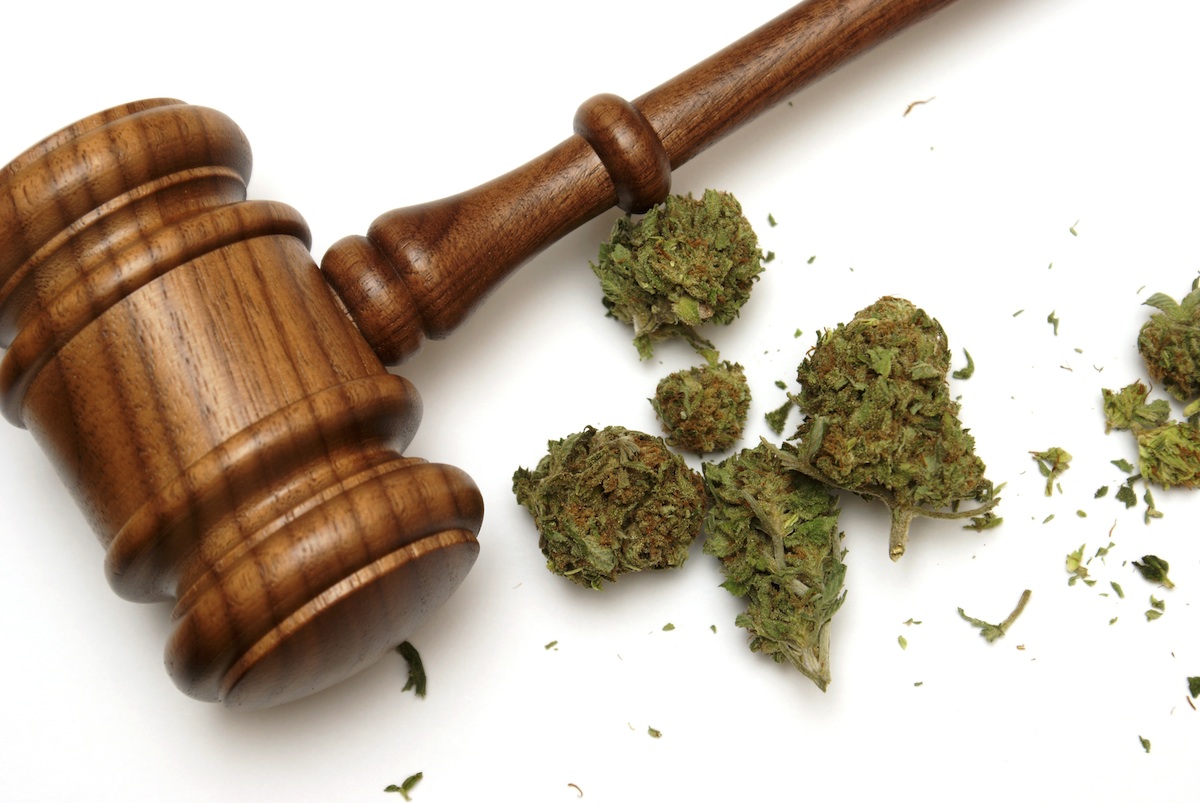The Local newsletter is your free, daily guide to life in Colorado. For locals, by locals.
This week I went through the annual renewal process for my medical marijuana permit, AKA the “red card.” The entire procedure, from the doctor’s appointment to filing the paperwork with the state (which my physician will do for me) cost $95. The new card will arrive in about six weeks, and will be good for another year.
My renewal was a simple economic decision. Taxes on retail marijuana would’ve cost me about 30 percent more per purchase, and on that basis, the card pays for itself within several months. What’s more, my go-to dispensary, LoDo’s Lotus Medical, hasn’t yet opened its retail operations. (The owners are planning to do so sometime this year.) The herniated lumbar disc that originally qualified me for the license remains an issue, and I intend to keep renewing it as long as I’m eligible.

Some would take this as evidence that legalized retail marijuana isn’t working. This is silly. While individuals like me probably will continue going the medical route, there are plenty of other weed consumers who don’t want their name (or can’t have their name) showing up on a government-controlled marijuana registry, or they simply would like to be more private and anonymous about their consumption habits.
I’m fortunate to have a profession where such things aren’t likely to be held against me, and I wouldn’t work for anyone who did. (As liberal as the media might be, getting high on the job is out of the question.) It’s my industry, though, that has a mixed record on conveying the truths and shattering the myths about legalization.
I fully expected the barrage of stories about Colorado’s experiment, as well as all the unavoidable groan-worthy puns. Our state’s—and soon, Washington’s—efforts are legitimate news in any number of categories. But, just like with weed, you have to sift through the seeds and stems to get to the good stuff, and a lot of the news coverage we’ve seen contains more than its share of indigestible nonsense.
Some stories bemoan the fact that marijuana is increasingly being viewed by teens as less harmful than it used to be. This is probably the most warranted concern, because—as I’ve written many times—no one under 21 should use the drug because of its deleterious effects on the brain development of minors. That’s just a fact.
However, if you agree that many teens are inevitably going to experiment with illicit substances—to those who opt for the illusion that 100 percent abstinence is an attainable goal for all children, I can’t help you—the kids may be safer trying weed than alcohol. We won’t know what the long-term effects of this relaxed adolescent attitude toward marijuana will be for some time. But if, say, 10 years from now, as a result of legalization, we have fewer incidents of drunk driving, violence, teen pregnancies, and the like, that’s a net win for our society. (This is where some might rebut by claiming marijuana is a gateway drug that will lead to abuse of even harder substances; that is a myth unsubstantiated by science and common sense.)
Other detractors look at edible marijuana and cite tragedies like the young man who recently jumped to his death off a balcony shortly after eating a marijuana-laced cookie he and some friends purchased here, while ignoring the fact that none of the friends who ate the same thing suffered the same outcome—i.e., we need more information before casting blame. As for the incidents of younger children being sickened after eating marijuana candy, I’m sorry, but that’s on the parents. When I was a child, if I saw a piece of candy lying around the house, I ate it. (The same is true in adulthood, too.) If you have kids in the house—or any pets, for that matter—it’s up to you to secure the marijuana edibles the same way you would your prescription medicine, and there’s nothing inherent to marijuana consumption that prevents you from doing that.
Again, it’s been three months. We won’t be able to coherently evaluate legalization for at least a year, if not longer. (The same goes for Obamacare, by the way.) The only thing we know right now is the sky hasn’t fallen, Colorado is still a wildly popular tourist destination for stoners and non-stoners alike, and this thoughtful but imperfect law is working about as well as could have been expected.
Yes, the law needs to be tweaked. The taxes are probably too high; testing, packaging, and labeling regulations have a long way to go; and federal enforcement policy remains only semi-coherent. But there are many ways to accomplish these fixes without returning to the Dark Ages of draconian drug laws. So before you start building your bomb shelters and panic rooms, let’s all just chill out for a minute. I might even have something that can help you do just that.
—Image courtesy of Shutterstock
Follow 5280 articles editor Luc Hatlestad on Twitter at @LucHatlestad.








